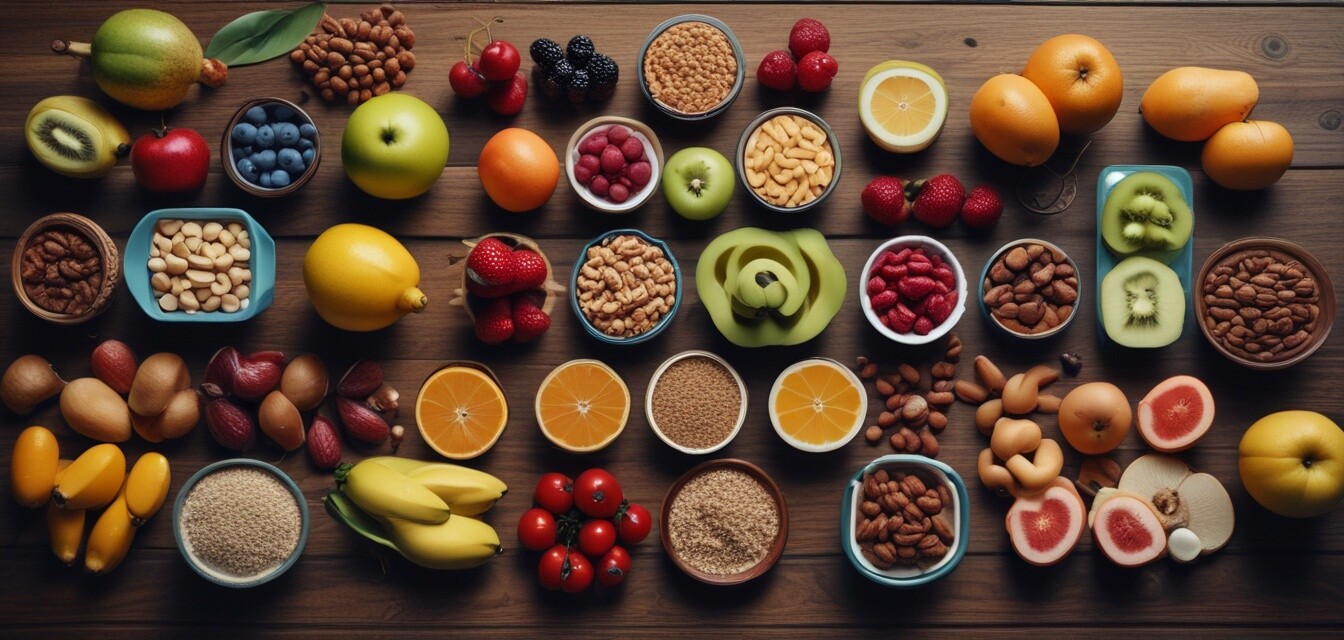
Best Practices for Pre-Workout Nutrition
Key Takeaways
- Understanding the timing of your pre-workout meal is vital for maximizing performance.
- Focus on a balance of carbohydrates and proteins for optimal energy.
- Stay hydrated before your workout to enhance endurance and reduce fatigue.
- Each individual may need to tailor their pre-workout nutrition to their unique fitness goals.
Nutrition is a fundamental pillar of any effective fitness regimen. Pre-workout nutrition specifically plays a crucial role in fueling your body for upcoming activities. In this article, we will discuss effective pre-workout nutrition strategies to maximize energy levels and performance during exercise, including timing and types of foods.
The importance of pre-workout nutrition
Pre-workout meals are crucial as they set the stage for your performance during exercise. Consuming the right nutrients can lead to improved endurance, strength, and overall workout performance. Knowing what to eat before a workout will help you maintain energy levels, improve concentration, and recover quicker.
Timing your pre-workout nutrition
| Timing | Recommended Foods | Reasons |
|---|---|---|
| 3-4 Hours Before | Complex carbohydrates, lean protein | Allows for digestion and energy storage. |
| 30-60 Minutes Before | Simple carbohydrates, light protein | Provides quick energy and is easier on the stomach. |
Essential nutrients for pre-workout meals
The core components of a successful pre-workout meal focus on carbohydrates, protein, and hydration. Understanding how to combine these nutrients effectively will significantly enhance your workout experience.
1. Carbohydrates
Carbohydrates are your body's primary source of energy during exercise. They are crucial as they provide the fuel necessary for high-intensity workouts. Aim for low-glycemic index carbs that digest slowly to provide prolonged energy. Examples include:
- Oatmeal
- Whole grain bread
- Brown rice
- Sweet potatoes
2. Protein
Incorporating some protein into your pre-workout meal can help with muscle repair and growth, as well as enhance your overall performance. Opt for light protein sources, such as:
- Greek yogurt
- Cottage cheese
- Protein smoothie
- Nuts
3. Hydration
Don't overlook hydration! Proper hydration before exercising is essential for peak performance. Drinking water sufficiently before your workout can prevent fatigue and increase endurance. A simple guideline is:
- Drink 16-20 ounces of water 1-2 hours before your workout.
- Drink another 8 ounces shortly before starting.
Tips for individualizing your pre-workout nutrition
Everyone's body responds differently to food. Here are some tips to personalize your approach:
Beginner's section
- Experiment with different foods and timing to find what works best for you.
- Keep a journal of your meals and workouts to monitor what enhances your performance.
- Consider consulting with a nutritionist who specializes in athletic performance.
Example pre-workout meal ideas
Below are some balanced meal ideas that could serve as effective fuel before workouts:
| Meal Option | Carbohydrates | Protein |
|---|---|---|
| Overnight oats | Oats, banana | Greek yogurt |
| Nut butter toast | Whole grain bread | Nut butter |
| Fruit smoothie | Berries, spinach | Protein powder, almond milk |
Consider your unique fitness goals
Your pre-workout nutrition should align with your specific fitness goals, whether you aim to build muscle, lose fat, or increase endurance. Adjust your food choices and portion sizes based on your targets. For more targeted advice, you can explore our guide on buying fitness accessories tailored to your goals.
Final thoughts
Pre-workout nutrition is not one-size-fits-all, but implementing these best practices can help you optimize your energy levels and performance. Experiment with different food timing and combinations to see what suits your body best. Remember that consistency is key; the right fueling strategy can have a lasting impact on your fitness journey.
Pros
- Improves performance during workouts.
- Helps in muscle recovery.
- Enhances focus and concentration.
Cons
- Can lead to gastrointestinal discomfort if not timed correctly.
- May require experimentation which takes time.
For additional tips on fitness strategies or product reviews, feel free to check out more articles in our Tips and Advice section. Stay informed and keep hitting those goals!